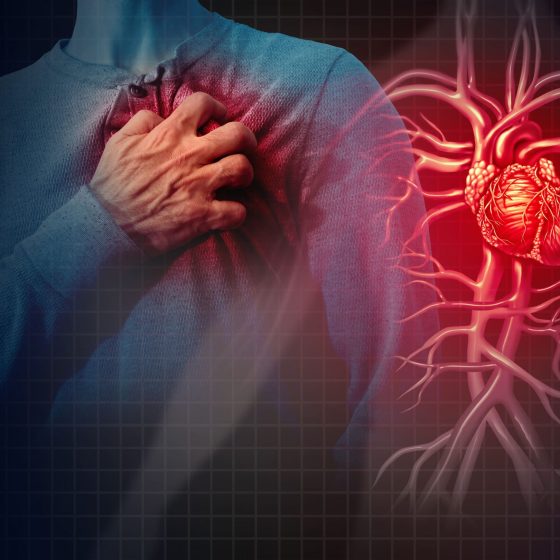Acute pericarditis
Overview Pericarditis refers to inflammation of the lining of the heart known as the pericardium. Inflammation of the pericardium can be acute or chronic: Acute pericarditis: acute-onset chest pain and characteristic ECG features (e.g. saddle ST elevation). Multiple aetiologies. Self-limiting without significant complications in 70-90% of cases. Chronic pericarditis: long-standing inflammation (> 3 months), usually follows acute episode. Complications include chronic pericardial effusion and constrictive pericarditis due to scarring. Acute pericarditis is the most common pericardial disease. Although true incidence is difficult to quantify, acute pericarditis is estimated to be present in 1% of adults who present with ST elevation changes on



